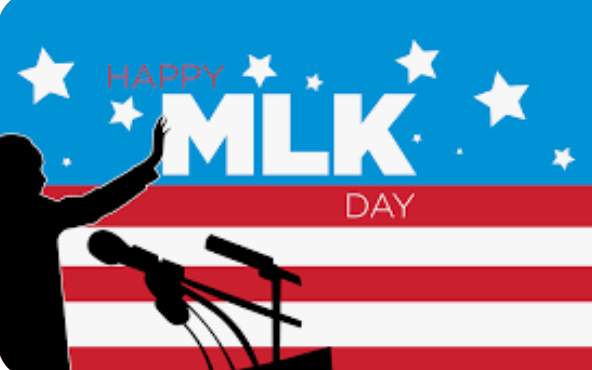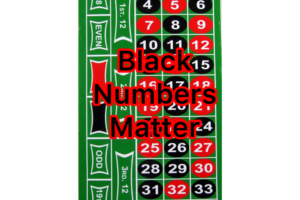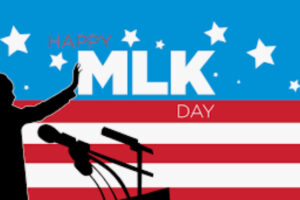MLK
This week marks the celebration of the birthday and federal holiday for Martin Luther King Jr., officially designated on November 2, 1983, when President Ronald Reagan signed the bill into law. Reflecting on my childhood, I remember eagerly anticipating this holiday for the simple joy of having a day off from school. However, as I matured, I delved deeper into understanding the legacy of Martin Luther King Jr. through books and documentaries, gaining insights into the complexities surrounding this iconic figure.
While acknowledging the greatness of MLK, I must admit that my personal hero is my grandfather, Harold Hauser. This doesn’t diminish MLK’s significance, but it prompts an interesting question: Who were Martin Luther King Jr.’s heroes? A key influence on him was Benjamin Mays, a mentor whose impact might not be widely known but played a pivotal role in shaping MLK’s ideals.
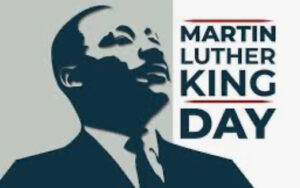
Two aspects of MLK that I particularly admire are his unwavering bravery and his mission to unite people. Living under constant threat, he fearlessly led a movement aimed at breaking down racial barriers. Reflecting on his life, I believe MLK’s success lay in his commitment to uniting the nation across racial lines. Racism is learned, not inherent. I’ve personally encountered instances where individuals, despite their upbringing, defied prejudiced beliefs and treated me well. MLK’s message resonates in dismantling such learned biases.
MLK’s brilliance becomes evident when we consider his achievements against the backdrop of a society grappling with deep-seated racism. His pursuit of a Ph.D. at the age of 25, in a nation that didn’t afford special treatment to people of color, is a testament to his dedication and resilience. In a society often touted as diverse, MLK’s call for unification remains relevant, emphasizing the importance of unity to achieve lasting peace.
As we navigate today’s world, it’s crucial to find leaders who prioritize uniting people over divisive politics. MLK’s dream was one of collaboration, of individuals working together for a common goal. However, contemporary politics often involve tearing down opponents rather than fostering unity. In a “ME society with ‘WE’ problems,” addressing issues requires personal connections and understanding, not broad stereotypes.
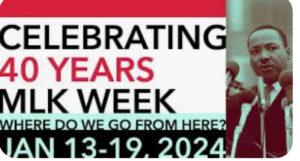
MLK’s message, from my perspective, is a call to come together, to transcend societal divisions. While our policies need updating to address current challenges, approaching these issues with unity rather than discord is essential. Imagine a world where problems aren’t black and white but are addressed collectively. Thank you for taking the time to read my thoughts on this matter.
Is this conversation helpful so far? Could we begin to move forward!


